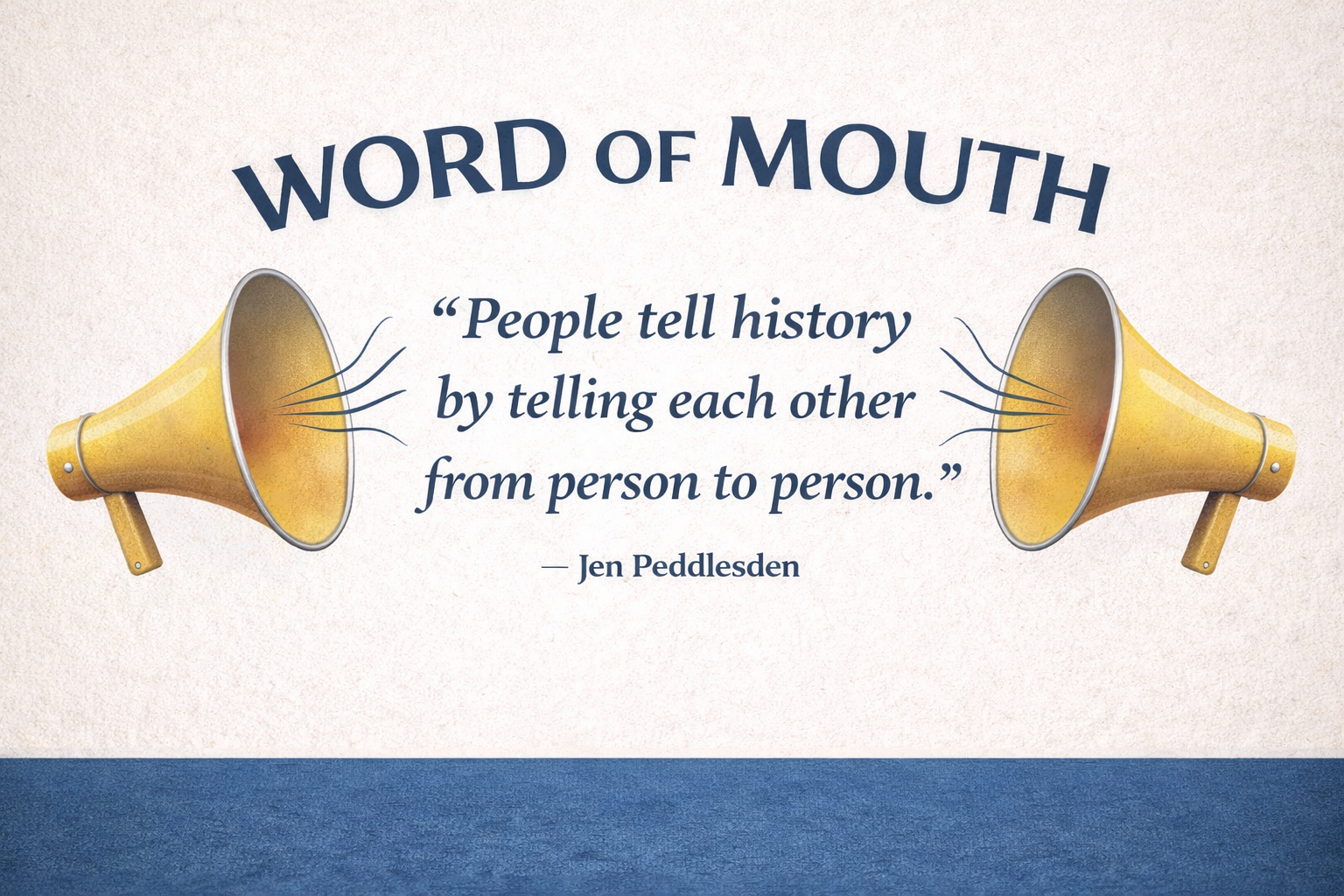Your diet plays a significant role in the health of your mouth. Gum disease and tooth decay are directly related to your diet, with sugar being the number one cause of tooth decay. Did you know that eating a diet rich in vitamins and minerals can actually improve the health of your teeth and gums and prevent tooth decay and gum disease? In honour of National Nutrition Month, we are providing you with this list of the top vitamins and minerals and the foods you can eat to maintain optimum oral health. Always consult your physician before taking vitamin supplements or modifying your diet.
Calcium
Calcium is essential for the normal development of your teeth and bones and keeps them strong throughout your life. A major source for calcium is found in dairy products such as milk, cheese and yogurt. Non-dairy calcium sources such as leafy greens, sardines, almonds, legumes, oysters, and calcium supplements are perfect for people with an intolerance to lactose.
Iron
Iron helps keep your body’s immune system working hard to fight disease and infection. When your iron level is low, you are more susceptible to gum disease & oral infections. Eggs, beef, sardines, clams, mussels, and seaweed are excellent sources for iron. As an alternative to meat, many grain products such as flour, pasta and cereals are fortified with iron.
Phosphorus
Phosphorus is an important mineral which helps your body absorb calcium. Most dairy products naturally contain both calcium and phosphorus, but many vitamin supplements do not contain phosphorus. Foods such as liver, shrimp, mussels and many whole grains are a wonderful, naturally occurring source for phosphorus.
Vitamin A is essential for keeping your teeth and gums healthy. Vitamin A supports mucous membranes, making your gums less susceptible to gum disease. The best source for vitamin A is found in orange fruits and vegetables, such as carrots and cantaloupe. Dark leafy greens such as kale, spinach, and lettuce are also great sources for vitamin A.
Vitamin C
Vitamin C improves the health of your gums because it strengthens the
connective tissues surrounding the teeth and bones. A lack of vitamin C weakens these tissues and may contribute to gum disease, bone loss, and in some cases tooth loss. Vitamin C is abundant in citrus, berries, papayas, guava, sweet potatoes, red peppers, kale, and broccoli.
Vitamin D
Vitamin D, which is also known as the sunshine vitamin, goes hand-in-hand with calcium absorption. A deficiency in vitamin D can lead to a calcium deficiency. To keep your teeth and bones strong, select products such as milk, eggs, fish & cod liver oil — they are great sources for vitamin D.









